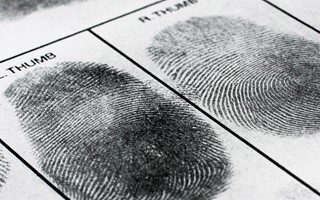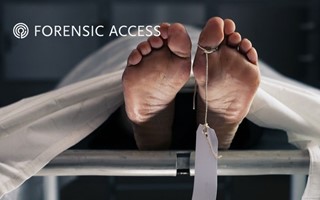News March 20, 2020 2m
James Beard discusses the advancement of DNA profiling and its impact on his work as a Forensic Biologist.
The advancements of technology in DNA profiling has increased the production of more complex, mixed DNA results. This is simply due to the increased sensitivity of the tests employed. Even from the most straightforward of samples, we now have reasonable expectations of obtaining mixed results.
The interpretation of these results and their evaluation in the context of the case has also become more complicated. Thankfully, with this advancement in DNA profiling, and the more complex mixed DNA results it can produce, there has also been a more complex and comprehensive way of unravelling these results to determine potential contributors; probabilistic genotyping software. There are a number of software packages available and used within the UK Forensic Marketplace, but it is important to remember that although the different software packages are based on all the same principles, each program is unique and validated for use within the specific laboratory using it. Understanding how these programs operate, their potential limitations and pitfalls, and first-hand casework experience using them, is important for us in the interpretation of complex mixed DNA results.
Alongside this, and perhaps just as important, is the oversimplification of DNA reporting via the Streamlined Forensic Report (SFR). In some cases, the finding of DNA at a crime scene can be enough for an individual to admit presence or plead to a charge. In a significant number of other cases however, the finding of DNA potentially originating from an individual is not sufficient as it does not tell the whole story.
The SFR process is a powerful tool, one which can have a positive impact in some cases, streamlining the process and speeding up proceedings. Yet in my opinion, it is inadequately explained in terms of its limitations and the content of the information present within each individual report. The reader must ask themselves “what does this information mean in the context of my case”? Clearly this is not something which the lay person is able to do. They are not experts in the field of DNA, nor should they have to be.
This is where Forensic Access can help.
We can review the SFR, taking into consideration the specific case information and the version of events provided by the client:
- Have all the correct questions been asked?
- Have the correct tests been employed?
- What hidden information is potentially not clearly portrayed by the SFR?
- We can then explain the next steps – what needs to be done, and by whom, in order to best proceed.
Visit our Biology services page for more information. Alternatively, to discuss the specifics of your case with one of our experts, phone 01235 774870 or go to our contact page for further details.


